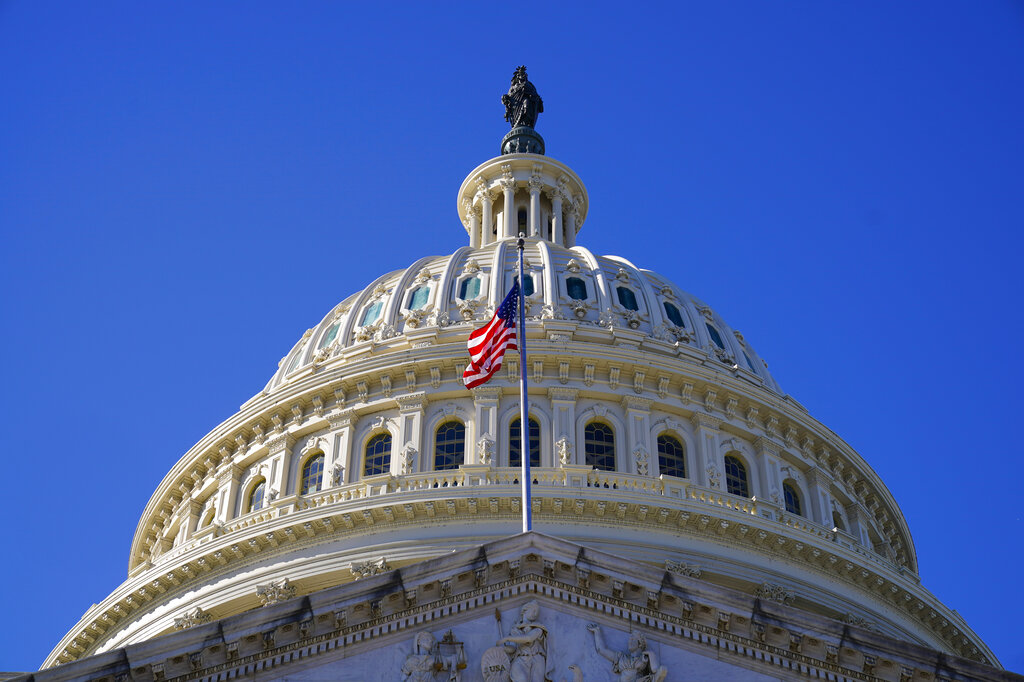The free speech survey by RealClearPolitics, conducted September 7-8, asked 1,000 registered voters about freedom of speech, government censorship, and how to deal with “misinformation” posted online.
Down in the survey, 34% percent of registered Democrats agreed Americans have too much freedom, and 52% percent said the government should be able to censor social media content it defines as a national security threat.
Asked for his reaction, Colorado-based talk show host Richard Randall tells AFN he sees a large population of Americans conditioned to trust a government that is notorious for lying to them.
 “I'm looking at a poll,” he adds, “that confirms to me the influence of the media, and the influence of politics and education.”
“I'm looking at a poll,” he adds, “that confirms to me the influence of the media, and the influence of politics and education.”
For its survey, RealClearPolitics surveyed a nearly-even number of Democrats versus Republicans, 37% to 36%. The poll also included independents who accounted for 25% of the 1,000 voters.
Independent voters, who will be wooed in next year’s presidential election, often sided with Republicans in the poll, such as 74% of Republican voters and 61% of independents agreeing speech should be legal “under any circumstances.”
That number dropped to 53% of Democrats who agreed with the statement.
 A similar question about government limiting “hateful” social media posts was supported by a whopping 75% of Democrats, but even 50% of Republican voters – after witnessing the COVID-19 pandemic and the Twitter files - also agreed with that statement.
A similar question about government limiting “hateful” social media posts was supported by a whopping 75% of Democrats, but even 50% of Republican voters – after witnessing the COVID-19 pandemic and the Twitter files - also agreed with that statement.
“Of course, the problem here is, what in the world is hateful content?” Randall points out. “Is that something that you disagree with?”
A more eye-opening statement was if the voter agrees Americans have “too much freedom,” which 34% of Democrats agreed with compared to 14% of Republicans. Flipped around, 46% of Republicans said Americans have too little freedom which only 22% of Democrats agreed with. Independents floated in the middle in both questions.
 Farther down in the poll, the RCP pollsters read the following statement to registered voters: “I disapprove of what you say, but I will defend to the death your right to say it.” That classic defense of civil liberties was defended by only 31% of Democrat voters and by only 51% of Republican voters.
Farther down in the poll, the RCP pollsters read the following statement to registered voters: “I disapprove of what you say, but I will defend to the death your right to say it.” That classic defense of civil liberties was defended by only 31% of Democrat voters and by only 51% of Republican voters.
In an online story about the free speech survey, RCP executive Carl Cannon took readers all the way back to ancient Greece and the defense of debate and intellectual freedom. He then reminded readers that America’s state legislatures “codified” free speech in our country in 1791, when they ratified the Bill of Rights in the U.S. Constitution.

Moving far ahead to 2021, 230 years later, Cannon pointed to a free speech survey done two years ago by researchers at the University of California-San Diego. They showed fake newspaper headlines to 1,120 people, learning through the experiment that Democrats more often wanted to censor topics they disagreed with. Democrats also defended new stories, no matter how outrageous the topic, if the topic aligned with their beliefs and ideology.
“Even when Republicans agree that content is false,” the researchers wrote, “they are half as likely as Democrats to say that the content should be removed and more than twice as likely to consider removal as censorship.”














